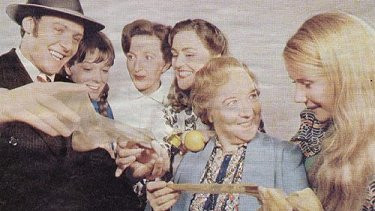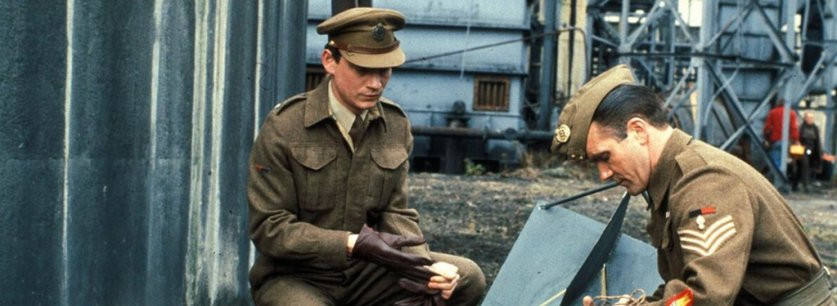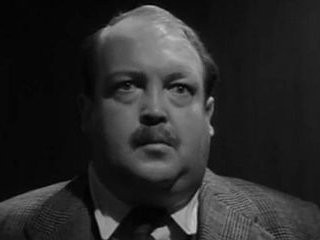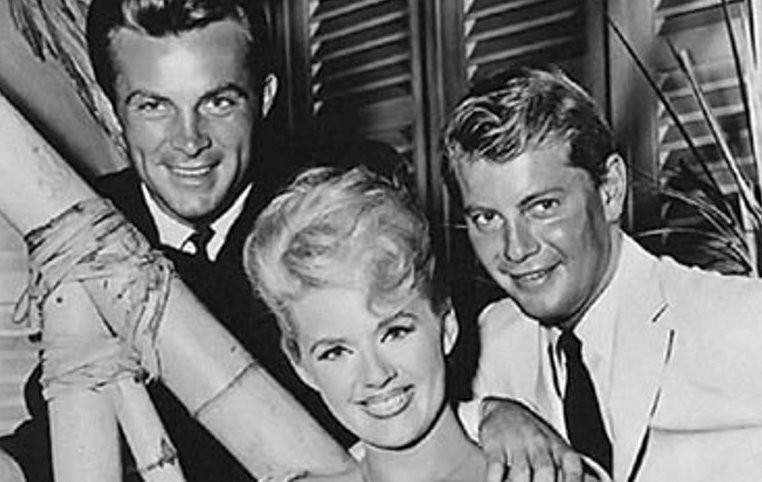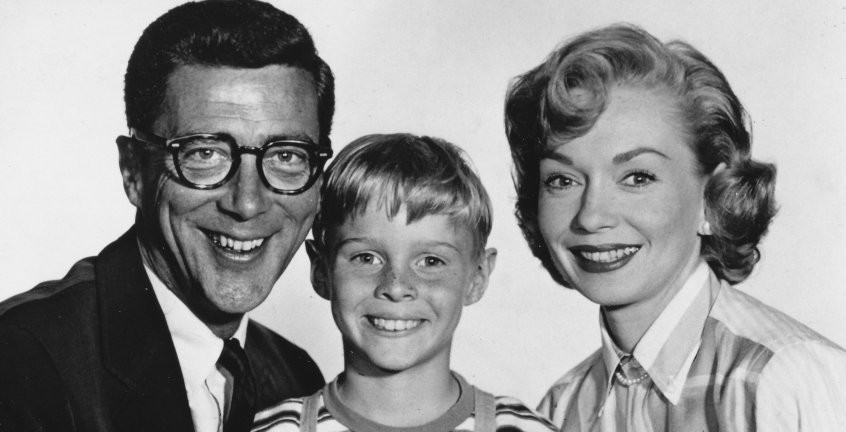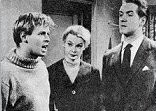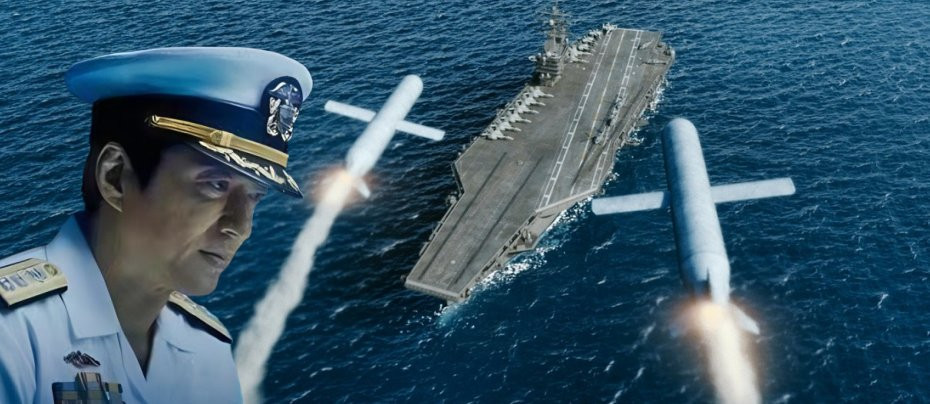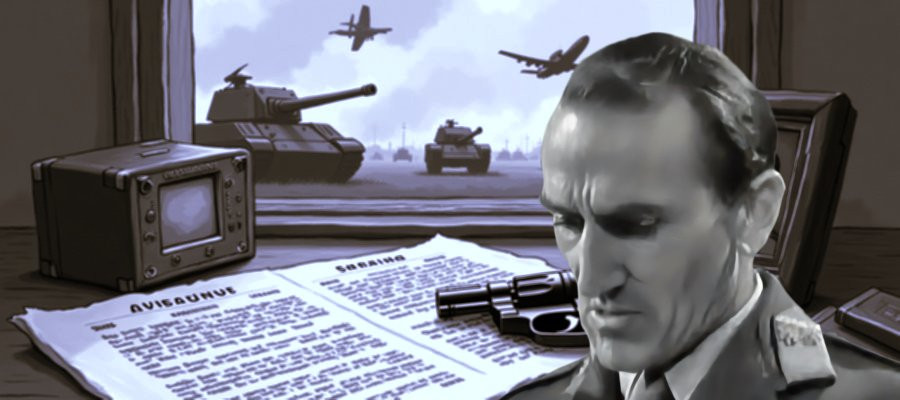
Spycatcher
1959 - United KingdomBBC’s Spycatcher remains one of the most distinctive and quietly daring dramas of early British television—a series that eschewed spectacle in favour of psychological chess, historical authenticity, and the unnerving ambiguities of wartime counter-espionage. First broadcast on 3 September 1959, the adaptation of Lieutenant-Colonel Oreste Pinto’s celebrated memoirs presented the work of a man Eisenhower once called “the greatest living expert in security,” and did so with remarkable restraint and intelligence.
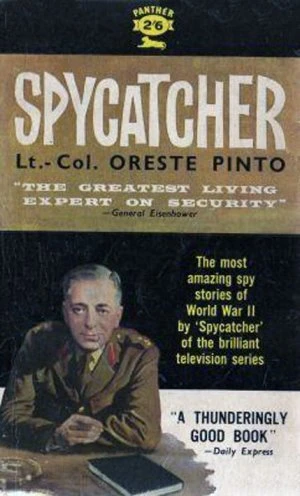
The premise is elegantly simple yet dramatically rich. As refugees streamed into Britain from German-occupied Europe—some fleeing by fishing boat across the North Sea, others via long treks to Gibraltar and Lisbon—Pinto and his team were tasked with identifying which arrivals were genuine escapees and which were enemy agents. Their makeshift interrogation rooms in London became arenas where a misplaced bus ticket, an old watch, or a foreign cigarette could expose a spy’s supposedly watertight cover story.
Robert Barr, already known for Secret Mission, selected six initial cases that force viewers into the same agonizing uncertainty faced by wartime interrogators. Some suspects are guilty, others innocent; occasionally Pinto’s instincts waver, and sometimes he is simply wrong. This moral and procedural complexity gives Spycatcher a modern sensibility rare for its era.
Bernard Archard’s casting as Pinto now feels inevitable, but at the time it was a last-minute rescue of a faltering career. Having failed to secure steady work and preparing to leave for Canada, Archard was summoned by producer Terence Cook to audition for what would become his breakthrough role. At thirty-nine, this was his first true starring part—and he shaped it with sharp intelligence and deep humanity.
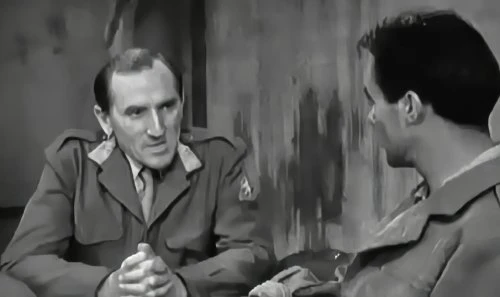
Working closely with Cook and Barr, Archard developed a Pinto who could dismantle lies with courtesy and precision. In the show’s predominantly single-set structure—Pinto at his desk, the suspect before him—Archard’s quiet intensity makes the verbal sparring utterly gripping. What another series might treat as filler becomes, here, the real drama.
The press responded immediately to the show’s unusual tone and refusal to resort to melodrama.
Phil Diack, reviewing the premiere for the Daily Herald on 4 September 1959, wrote:
“It struck me as ironical that the BBC should mark the 20th anniversary of declaration of war on Hitler by launching its ‘Spy-Catcher’ series. Ironical, but not surprising. There seems no limit to the public’s appetite for wartime spy stories. They come, glossily packaged, in three brands: the true, the near-true, and the nowhere-near-true. ‘Spy-Catcher’ is authentic to the extent that it is based on the work of Lieut-Colonel Oreste Pinto. We’re in for five more episodes, but viewers looking for cheap, blood-thirsty thrills may be disappointed. Last night the emphasis was on the interplay of personality between interrogator and suspect—a refreshing change from the melodramatics of ‘O.S.S.’ ‘Spy-Catcher’ has certainly caught me.’”
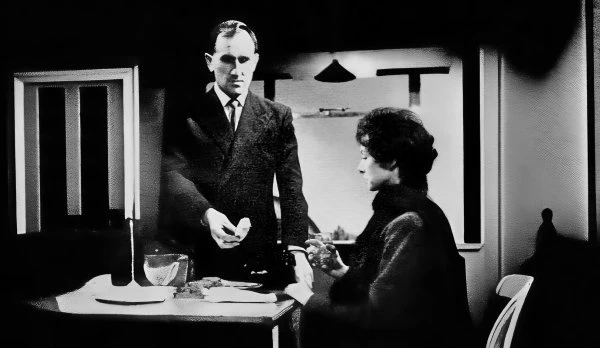
Nancy Spain in the Daily Express offered likewise positive—if quirkily qualified—praise:
“[The series] got off to a very good start. The idea that a man who can catch spies by interviewing them should make excellent entertainment, and the story we saw last night had everything. It started well, in a small boat in the middle of the North Sea. It continued not so well with the interrogations between spy-catcher and spy. Although these were excellent dialogue, gripping and plausible, it was perfectly possible to follow the story without the help of pictures on the screen at all. Like so many B.B.C. television features, ‘Spycatcher’ turned out to be good sound radio. Meanwhile it is a nice new idea.”
These early reactions capture precisely what made Spycatcher unusual: a drama where talk is action, and where character and intellect matter far more than spectacle.
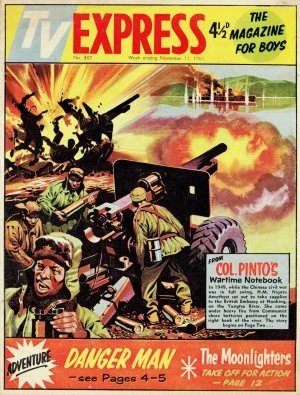
Despite its minimalistic staging, Spycatcher became a major BBC success, topping the list of the five most-watched programmes in 1960. It ran for four series and twenty-five episodes, though only twelve are believed to survive. The show inspired a 1960 Merit board game, a comic strip in TV Express, and built upon an earlier BBC radio series that dramatised many of the same cases.
Spycatcher stands as a rare early example of television trusting its audience’s intelligence. Rather than offering sensationalism, it presents espionage as a game of tiny details, moral ambiguity, and patient interrogation. Bernard Archard’s performance anchors this approach, turning quiet conversation into riveting theatre.
More than six decades later, it remains an understated, compelling landmark in British spy drama—and one that still deserves a wider public release.
Seen this show? How do you rate it?
Seen this show? How do you rate it?
Published on November 25th, 2025. Written by Laurence Marcus for Television Heaven.


